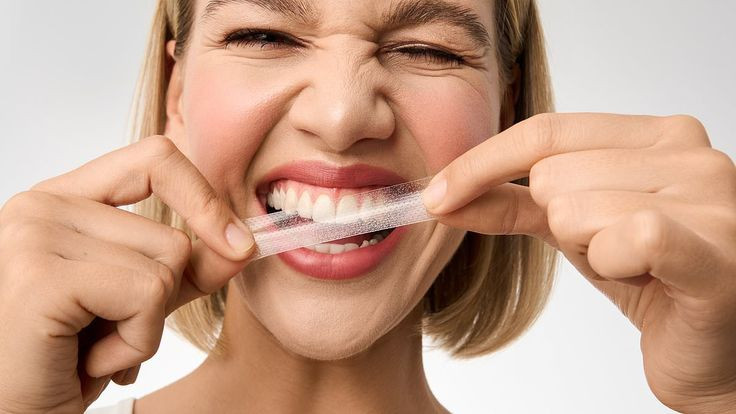views
Do Whitening Strips Damage Teeth? Insights from WhiteStar Dental Clinic

In an era of social media perfection and sparkling smiles, many individuals are tempted by quick-fix solutions like over-the-counter whitening strips. But a frequently asked question at WhiteStar Dental Clinic is: Do whitening strips damage teeth? While the promise of a whiter smile in just a few days may sound appealing, it’s important to understand the potential risks before using such products.
At WhiteStar Dental Clinic, we believe that oral health should never be compromised for cosmetic appeal. Unfortunately, many whitening strips available in the market are unregulated and untested. This raises serious concerns about their safety and efficacy. The most common side effects we encounter from patients who use these strips without professional supervision include tooth sensitivity, gum irritation, enamel thinning, and uneven whitening. So, to answer the question directly — do whitening strips damage teeth? The answer is often yes, especially when used repeatedly or incorrectly.
One of the primary concerns with whitening strips is their abrasive chemical content, most often hydrogen peroxide or carbamide peroxide in concentrations that are not standardized. While these ingredients can effectively remove surface stains, they can also penetrate the enamel and irritate the dentin underneath if not applied correctly or if left on for too long. At WhiteStar Dental Clinic, we’ve treated patients whose sensitivity increased dramatically after a few uses of such strips. In worse cases, damage to the tooth enamel has been irreversible.
Another major issue is that most whitening strips are unreliable and not customized to an individual’s dental condition. Teeth are not uniformly shaped or stained, and using the same strip across different teeth can lead to uneven results. Moreover, the strips often fail to cover the entire surface of the tooth, leading to patchy whitening — an outcome that is more frustrating than aesthetically pleasing.
Many of these strips are also sold online or in general stores with little to no regulation or testing by dental authorities. As a result, consumers end up applying chemical formulations to their teeth without any guarantee of safety. It’s not uncommon for these products to damage the protective enamel, increase cavity risk, and inflame the soft tissue of the gums. Once enamel is lost, it cannot regenerate — a fact we always emphasize to our patients at WhiteStar Dental Clinic.
So, do whitening strips damage teeth? In many cases, the answer is yes, especially when used without proper knowledge or supervision. If you’re looking for a brighter smile, it’s always safer and more effective to consult a dental professional who can recommend customized, clinically-approved whitening treatments.
At WhiteStar Dental Clinic, we offer advanced whitening procedures under expert supervision using materials that are safe, effective, and designed to protect your enamel. We also provide detailed guidance for at-home maintenance, ensuring your smile stays both beautiful and healthy.
Remember, your teeth are not just about appearance — they are vital to your overall health. Don’t risk them for temporary gains. Consult WhiteStar Dental Clinic today and explore whitening solutions that are as safe as they are stunning.






















Comments
0 comment